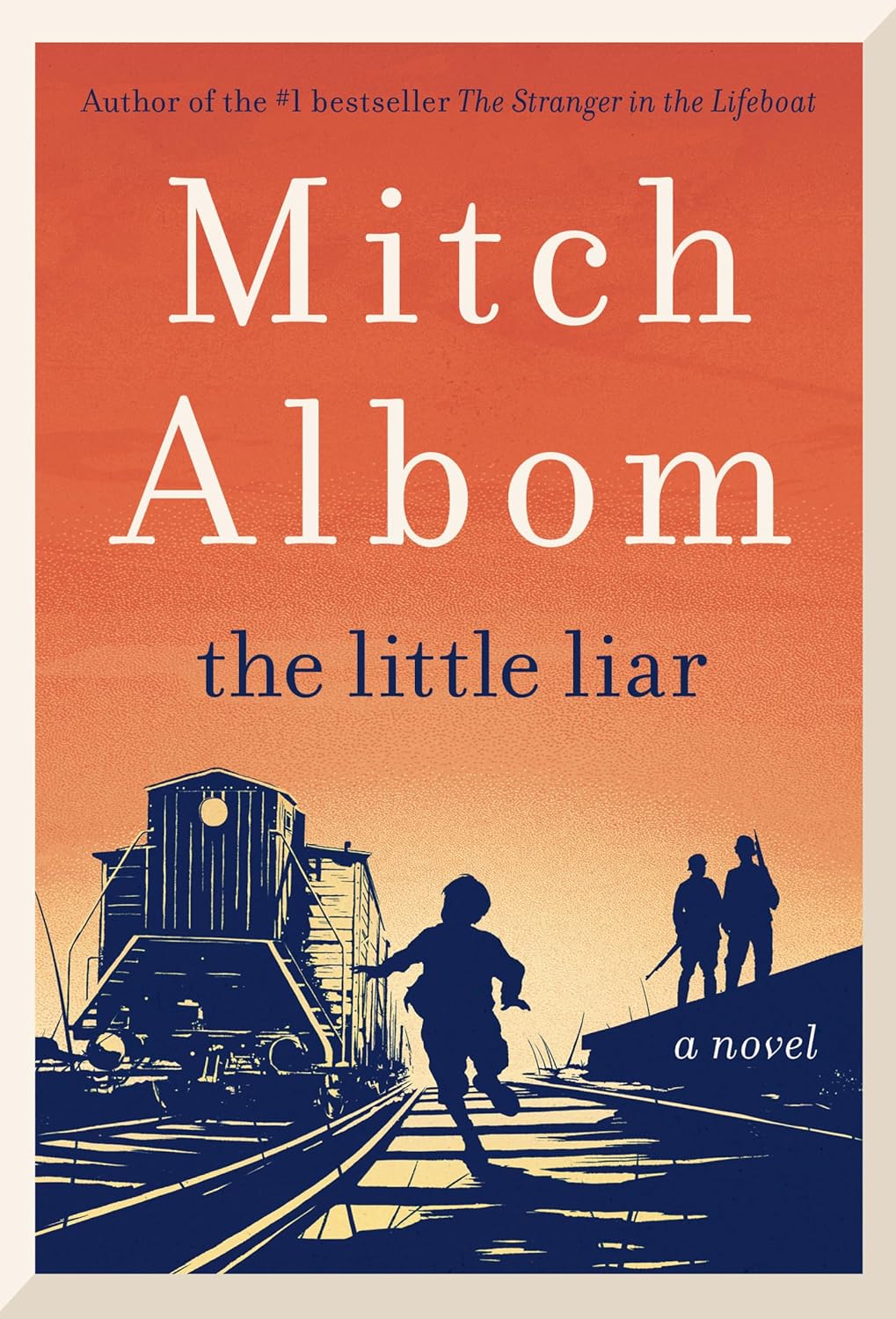In 2011, Holocaust survivor Elie Wiesel spoke at a Sarasota Town Hall. When I hear a powerful speaker, I jot down meaningful remarks in the program. Recently, coming across that old Wiesel program, I was struck by the similarities of his remarks to the book I just read.
Mitch Albom’s The Little Liar is a sometimes hopeful, sometimes heart-breaking look at four characters who interacted during the Holocaust. With the current resurgence of antisemitism, Albom’s book is all too relevant.
Wiesel was 15 when he and his family were deported to Auschwitz where his mother and younger sister died. He and his father were deported to Buchenwald. His father died there before the camp was liberated in 1945. Wiesel’s 1960 memoir, Night, is considered the bedrock of Holocaust literature. Wiesel himself eventually was honored with a Nobel Peace Prize in 1986.
In 2011, Wiesel explained his motivation for writing Night. At that point, I had written two memoirs. The first, Back from Betrayal, about surviving a marriage crisis, was met with widespread silence—and, for me, doubts about the wisdom of what I’d shared.
Wiesel’s observations reassured me. “For the survivor,” he said, “writing is a calling. Failing to transmit an experience is to betray it. I write to find truth, to touch the bottom of madness.”
Such madness underlies Mitch Albom’s latest book, a parable told from the viewpoint of Truth. The story includes character Nico Krispis who, at 11, is known for his honesty. The story also includes Nazi officer Udo Graf, who deceives Nico for his (Graf’s) own hateful ends.
I live near Mitch in a Detroit suburb. Once, taking a Metro car to the airport, I asked my driver who was his favorite passenger ever.
“Mitch Albom,” he said.
I, too, am a fan. Mitch’s book, Tuesdays with Morrie, about the wisdom of a dying favorite professor, is the best-selling memoir of all time. It sold over 17 million copies. In 2010, following a devastating earthquake in Haiti, Mitch and wife Janine adopted an orphanage along with a little girl, Chika. Despite the couple’s desperate efforts to save Chika, she died two years later from a brain tumor.
Mitch’s latest book is set in Salonika, Greece, where Nazis herded 50,000 Jews into concentration camps. Their success at doing so begins with lie. In the book, officer Udo Graf convinces 11-year old Nico that Jewish Greeks are being “resettled” elsewhere. Nico spreads the word through his village. Because he’s known for truthfulness, his neighbors believe him. How that responsibility affects Nico is one compelling theme of the book.
In this new novel, Mitch displays his gift for explaining complicated subjects with simple language…
“All humans are inclined to hate others if they believe they are the cause of their unhappiness.”
“Never be ashamed of a scar. In the end, scars tell the story of our lives, everything that hurt us, and everything that healed us.”
I’m grateful for authors like Elie Wiesel and Mitch Albom for the strength they show and the wisdom they impart.
I, too, am proud of a scar. Though the scar below my navel has faded to a barely visible line, it tells the story of my battle with cancer. It is, as author Lynley Wayne put it, “a badge of honor… that shows the world you were strong enough to survive.”
As for The Little Liar—two simple words apply: Read it!


